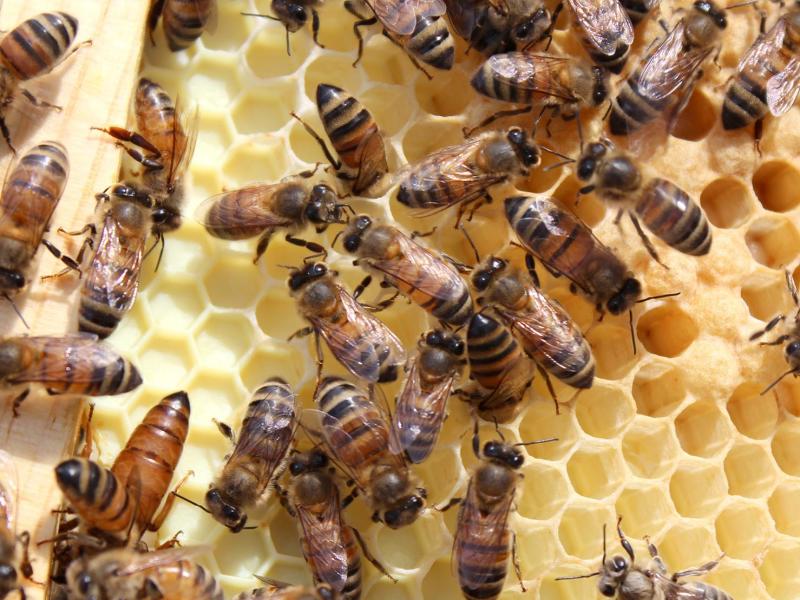
When one talks about bees we think of sweet honey, yet the greatest yet rarely known contribution of bees is in pollination. The economic, social and environmental value of pollination is between 10 and 20 times the total value of honey. Out of oblivion we may laugh at the thought of World Bee Day. Yet knowledge reminds us that if the bee and other pollinators were eradicated, it would not take long before humanity followed suit. Bees, small as they are hold a record among hardest workers among fauna. The organised systems among bee colonies and daily work routine is a lesson on the strength in teamwork.
Pollinators such as bees and other insects, wasps, birds and bats, contribute to 35 per cent of the world’s total crop production, through their pollinating function in 87 of 115 leading food crops worldwide.